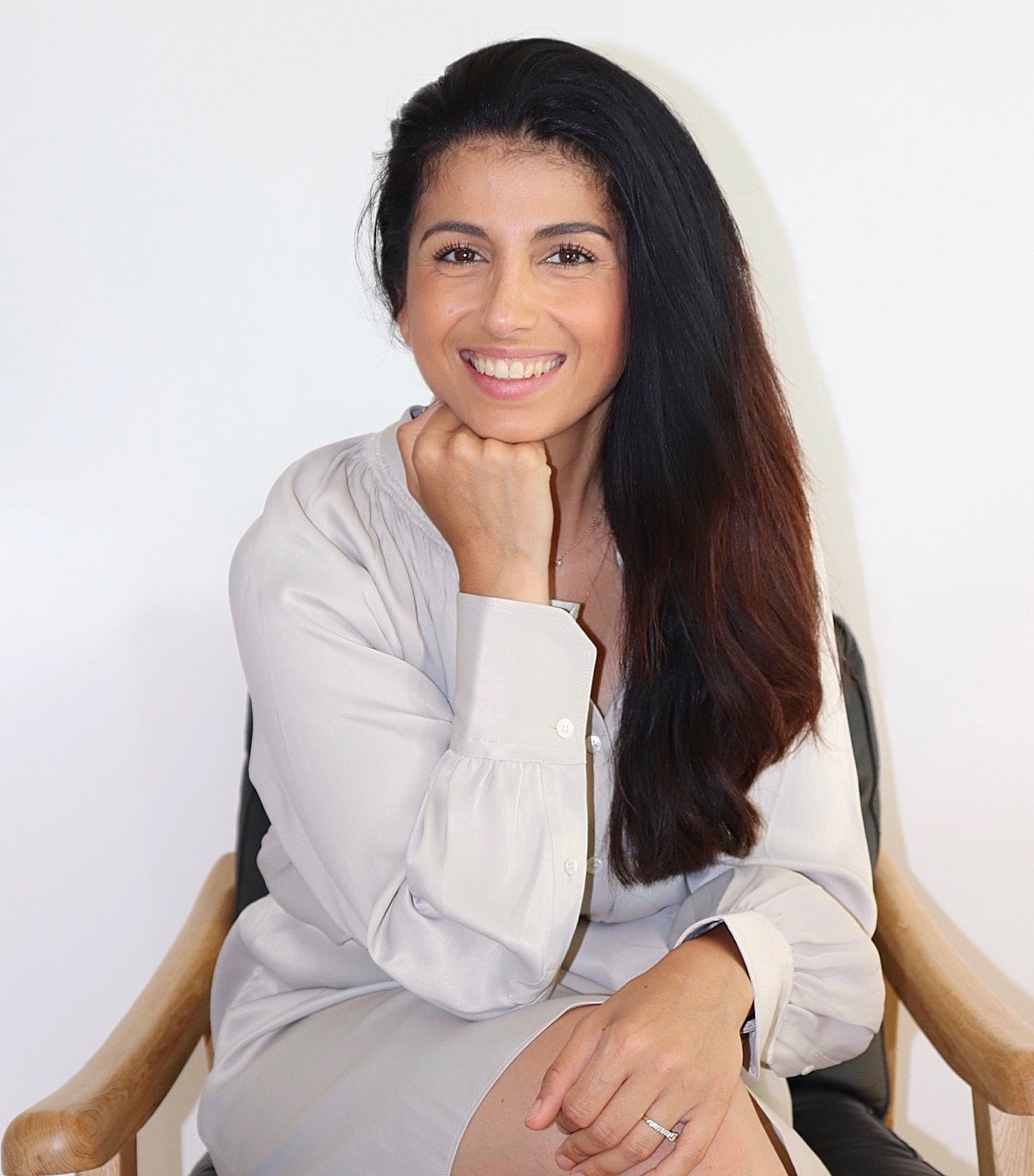Healthy Boundaries in Relationships by Hanna Kader, Relationship Coach
How do you create healthy boundaries with those around you?
My name is Hanna Kader and I am a relationship coach. I help women create loving and healthy relationships with themselves and others. My passion for relationship coaching is personal. I discovered coaching when I found myself struggling in romantic relationships, family relationships and friendships. I was a people-pleaser, and I was constantly saying yes to everything and everyone and ended up feeling guilty and resentful a lot of the time. I really struggled with setting boundaries around meeting my own needs. Today, I can finally enjoy my relationships without the constant insecurities, frustrations, and resentment. The personal growth and experience from my own relationships have given me the compassion and understanding to help my clients in theirs.
A lot of clients come to me with questions about boundaries and how they can set them and enforce them effectively with the people in their lives.
If setting boundaries is something you’re not comfortable with, the notion of having to do it can be terrifying.
But I really want you to know that setting boundaries doesn’t have to feel bad. In fact, setting boundaries can be one of the most empowering things you’ll ever do.
First, let's talk about what a healthy boundary is NOT
Healthy boundaries are not set from anger, frustration, irritation and resentiment. Healthy boundaries are not orders. They are not ultimatums.
It’s not a way to try to control or manipulate the other person’s actions. This is the biggest mistake I see people making.
What is a healthy boundary?
A boundary is something that you create for yourself, not for other people. It’s what you say you’ll do if someone comes into your space.
It can be with any relationship you have such as romantic relationships, family relationships, or friendships. It’s “I love you, and no.”
Healthy boundaries are about being grounded in your truth so that you can handle yourself in a way that you like and respect no matter who is around you or what is happening.
There are three parts to setting a boundary.
Decide what the boundary is
Decide what the consequence is (the consequence is the action that YOU will take if there is a boundary violation)
Follow through if there is a boundary violation
Simple scenario
Boss yells at you.
Boundary: ”Stop yelling at me”
Consequence: ”If you don't stop yelling, I am going to leave the room”
Follow through and leave the room if boss doesn’t stop yelling
Remember, you can ask people to stop, but if they don’t, your boundary is about what YOU do, not what they do.
Another, a bit more nuanced, scenario
My mother has had a fight with my sister and tries to convince me with guilt to talk for her with my sister.
Boundary: ”I love you but I will not do that and I don’t want to talk about it anymore”
Consequence: “If you keep asking me, I will leave/hang up the phone/not respond”
Follow through and leave/hang up the phone/not respond if the boundary is violated
One of the hardest things I’ve ever done was setting good, healthy boundaries with my mother, especially given that there was 30+ years of me NOT setting boundaries with her. But it was also one of the most empowering things I've ever done. I was finally being honest. I decided that I valued myself high enough to establish boundaries and that I valued my mother enough to communicate to her how to be with me.
Boundary Setting Tips
Here are my go-to tips for boundary setting:
1. Know what the boundary is ahead of time. And decide what your consequence will be. Spend time being thoughtful about what boundaries you want to have in your relationships and your reasons for setting them.
2. Follow through no matter what. This is the most common reason why people don’t set boundaries - they don’t want to follow through on the consequences. If you don’t follow through with the consequences, it sends a message that it’s okay to not respect your boundaries.
3. Practice setting boundaries. For many who are not used to setting healthy boundaries, the process will feel uncomfortable in the beginning. For people who tend to put others first, you might even experience guilt or shame in the beginning. For others, you might fear rejection or confrontation. Learning to set healthy boundaries is a skill that takes time so allow yourself space to practice, to make mistakes and do it at your own pace.
Changing behaviors with the help of boundaries takes time so it’s important that you stick with it.
Setting boundaries is a skill worth learning and practicing, and a journey of self-discovery and growth worth pursuing.
If you liked this article and want to discuss it further, I would love if you want to follow me on @dincoachhanna on Instagram. Feel free to send me a DM if you have any thoughts or questions after reading this article or contact me by e-mail hanna@hannakader.se.
Good luck in your journey of setting healthy boundaries!
Relationship Coach Hanna Kader


